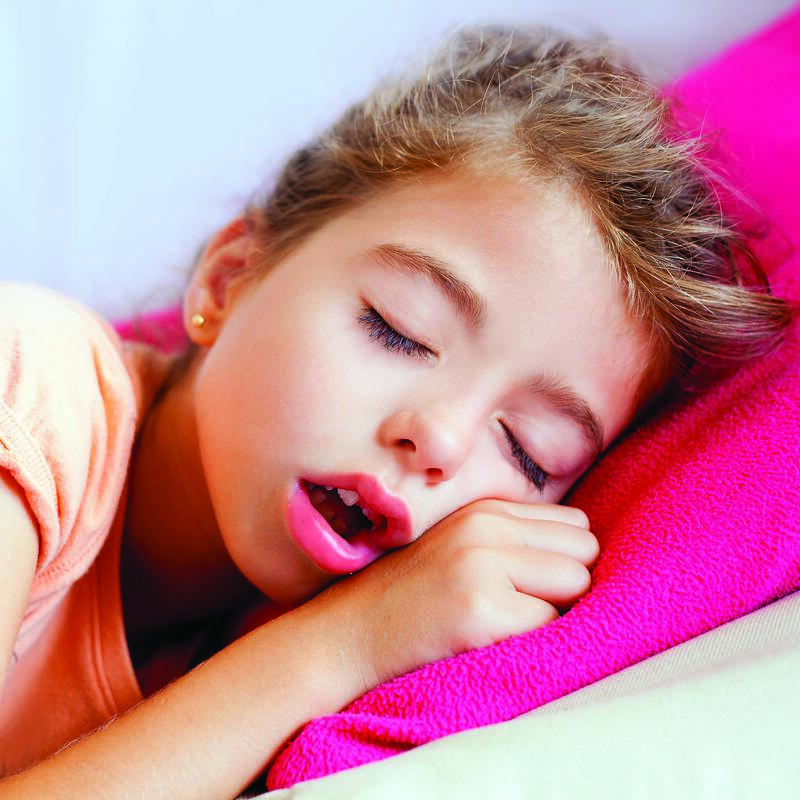
When it comes to common and affordable sleeping aids, there are weighted blankets for kids. They can help improve sleep quality for kids with or without sleeping disorders.
Normal Sleeping Patterns
Babies wake to eat and interact with their caregivers. They will watch your face, observe their surroundings, and then fall asleep again. Most babies will sleep all night without waking by the time they turn six months. They tend to prefer to remain awake for more time during the day.
Babies are likely to continue sleeping consistently at night as they approach their first birthday, with just one nap during the day. This will be a long nap rather than two short ones when they are toddlers. Many young ones stop napping entirely by the time they reach preschool age.
There are signs a child is experiencing excessive excitement, like if they can’t stop talking about an upcoming birthday. If they play all day without napping, they might be too wired to stay or even fall asleep.
As a child approaches six months of age, they might wake up at night and won’t go back to sleep unless you do something to soothe them. This means they probably haven’t learned to lull themselves back to sleep at night. Self-soothing is when they no longer need someone else to calm them.
Types of Disorders
Studies show that up to 50% of kids will have a sleeping problem at a certain point in time. Just under 4% are formally diagnosed with a sleep disorder. The most common disorders are night terrors, restless leg syndrome, and sleep apnea.
More Than a Nightmare
Night terrors are much more than this. The whole family is scared of them. This is when someone who was sleeping suddenly wakes up in a frightened or agitated state. It happens to children more often than it does to adults. The person will cry, scream, and occasionally sleepwalk. Most children won’t remember this happening.
By bringing nighttime disturbances to a minimum and adhering to a sleep schedule, you can limit the likelihood of night terrors.
Restless Leg Syndrome
In the past, it was believed that only adults could suffer from restless leg syndrome (RLS). However, recent studies show this problem can begin in childhood. The child might say it feels like a bug is crawling on their legs. To find relief from this pesky condition, they will change positions in bed often. The child won’t even realize they don’t feel comfortable, but RLS will diminish their quality of sleep.
There is currently no known cure for RLS, and what’s more, the syndrome hasn’t been studied well in kids. Experts believe vitamin supplements and weighted blankets may help.
Sleep Apnea
This is arguably the worst sleeping disorder. The child can stop breathing for 10 or more seconds. They will not realize this is happening. Other symptoms include excessive daytime sleepiness, sleeping with their mouth open, and loud snoring. It’s important to see a professional if you notice this happening to any child. The disorder can cause heart problems, behavior problems, and learning difficulties.
Final Thoughts
Poor quality and insufficient quantity of sleep in kids are associated with weight abnormalities, social and developmental difficulties, problematic behavior, academic struggles, and other problems. It would be an understatement to say pediatric sleep problems impact kids’ health. They can also affect parental sleep, sibling sleep, and family dynamics in general. The causes, signs, symptoms, and relevant findings in kids are typically quite different from those observed in adults. If you suspect your child may have a sleeping disorder, do not put that visit to the doctor off.
A good night’s sleep is essential to the growth and development of children, and children require much more sleep than adults. Sometimes however, children are unable to get the necessary amounts of nightly sleep that they need, and it can sometimes be attributed to a sleep disorder.
At The Alaska Sleep Clinic we provide consultation and therapeutic management for a wide variety of pediatric sleep disorders. We understand that your child’s health is important to you and we want to assure you that our Board Certified Sleep Physicians are highly adept at treating child sleep disorders.
Children require more special care than adults and it is important to us that our physicians are trained in communicating with children of all ages and are experienced in calming the fears of nervous young patients while providing quality care for them in a relaxed, non-threatening environment.









